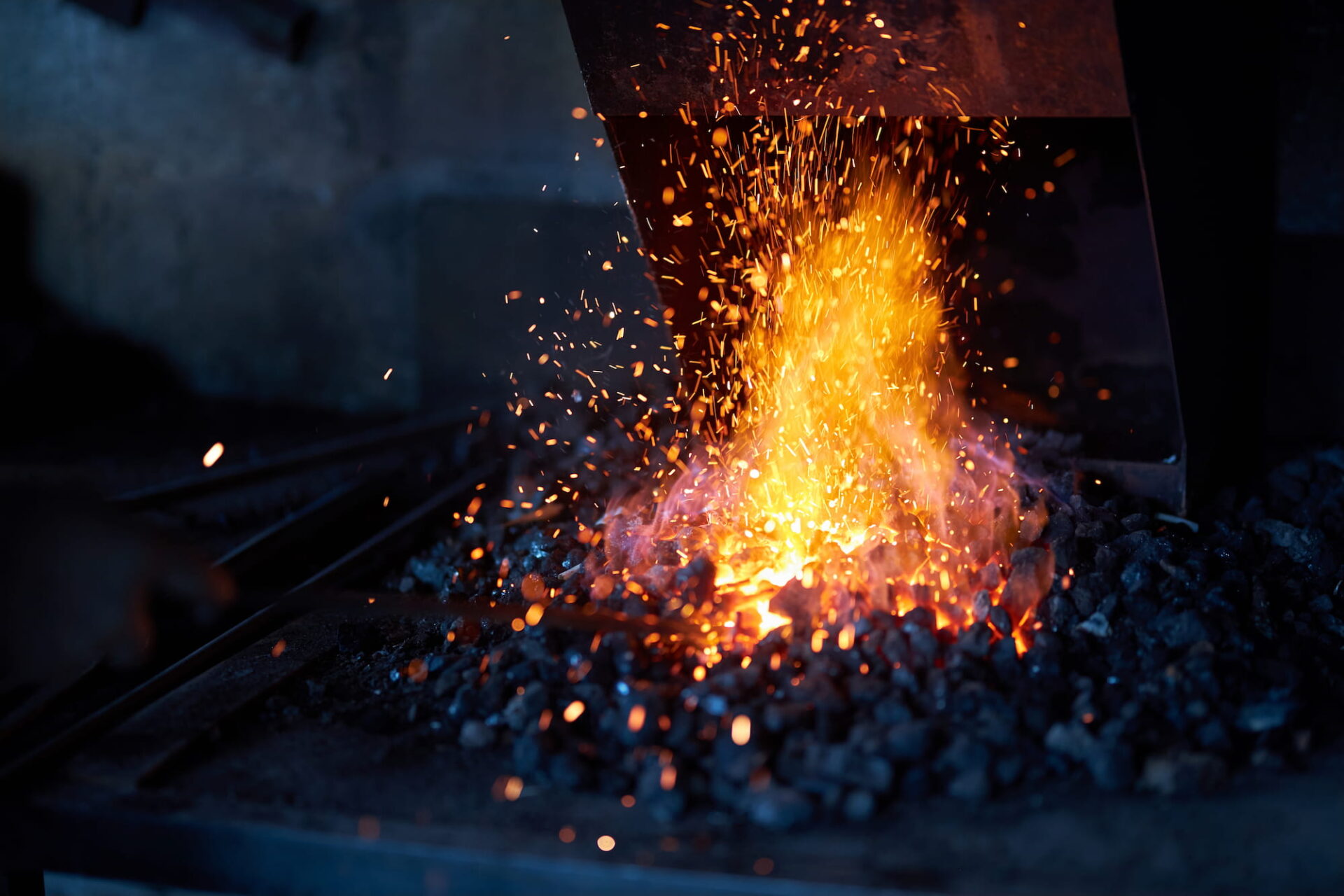In a Forge magazine article, “Commercial Testing of Forgings,” Eric Aparnieks discusses the importance of verifying the quality of forged materials using material testing to ensure strength, reliability, and resistance to shock and fatigue.
Forging Industry Testing Requirements
Principal mechanical properties of interest within the forging industry remain constant over the years and include strength, ductility, and hardness. There are various types of tests performed, both destructive and nondestructive, to verify mechanical properties as well as analyze material characteristics and identify defects for forging manufacturers and the varied businesses served by the forging industry.
In his article, Aparnieks also writes about the demands of customers who buy forgings and how these demands constantly change. The result is revisions to existing materials and the development of a wide variety of new products, often made by new processes. New material testing requirements often follow to verify properties and characteristics.
Aparnieks discusses the types of testing most commonly utilized within the forging industry, including a range of services in the following categories:
- Chemical analysis
- Mechanical testing
- Nondestructive testing
- Metallography
Testing of Forgings at LTI
LTI, a Nadcap- and A2LA-accredited commercial testing laboratory, performs comprehensive testing on the basic metals (steel, aluminum, copper, titanium, and nickel) used to produce forged products.
The full-service lab supports production, quality control, and R&D by confirming that forged material meets customer requirements and applicable specifications. The lab performs mechanical tests such as hardness, tensile, Charpy, fracture toughness, and bend testing, as well as instrumental and wet chemistry services, to verify the mechanical properties and characteristics of the material.
The laboratory’s nondestructive testing staff inspects forgings for flaws using radiography, ultrasonic testing, magnetic particle inspection, and liquid penetrant testing. Complete metallurgical testing is also offered.
Contact our sales team to get a quote on your testing requirements.
Related Articles
Introduction to the ASTM E606 Standard
Low-Cycle Fatigue Testing and the Standards Set Forth by ASTM In the world of engineering, materials are often subjected to…
The Top 5 Consequences of Industrial Operations Not Calibrating Their Equipment
In the fast-paced world of industrial operations, precision is not just a goal—it’s a necessity. Calibration of equipment, a process…
The Benefits of Choosing a Calibration Company that Offers Instrument Replacement and Purchasing Services
In the demanding world of industrial manufacturing and quality assurance, selecting the right calibration partner can significantly impact your operational…
How Small a Defect Can UT Find
Customers often ask LTI how small a defect ultrasonic testing (UT) can find. This question is very difficult to answer…
Ethics in Laboratory Testing
What could be more important than ethics in the world of materials testing? Testing laboratories have an obligation to adhere…
Quality Considerations in Chemical Analysis
A Well-Planned and Managed Quality Control Program When you need chemical analysis services, you expect to receive accurate testing and…
